The patient is Mrs. NTL (64 years old, in Thai Nguyen ). A year ago, Mrs. L discovered a small tumor but it was not uncomfortable so she refused surgery. Recently, the patient had symptoms of increasing difficulty breathing but still hesitated to go to the doctor. Only when her health seriously declined, losing 5kg, did the patient go to the hospital.
At Hanoi Oncology Hospital, the CT scan results showed that the patient's right chest had a solid mass measuring 20x15 cm. This tumor had collapsed the lung, infiltrated the mediastinum, and chest wall. The patient underwent a biopsy of the tumor, and the pathological result was a solitary fibrous tumor.
The patient was scheduled for surgery to treat the tumor. However, doctors said it was a difficult surgery because the patient was weak and the tumor was large, occupying almost the entire chest cavity.
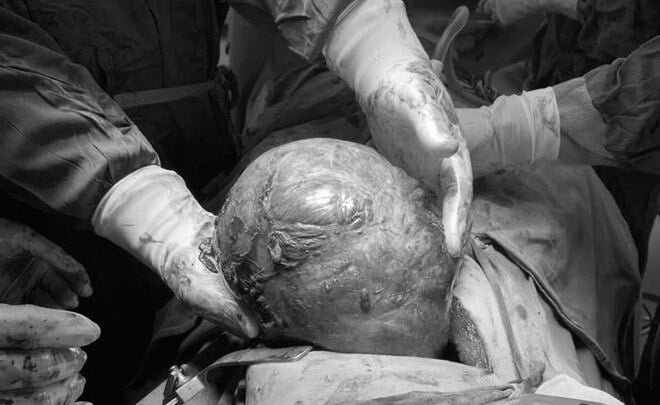
A "huge" tumor was removed from the patient's body. Photo: BVCC.
According to Dr. Phan Le Thang, Head of the Department of Surgery, Hanoi Oncology Hospital, the surgical team had a thorough consultation and calculation before the surgery because the surgical operations had to be performed in an extremely narrow operating room. The tumor had a rich supply of blood vessels, so the surgeon had to dissect meticulously, find and control the supply to ensure the safety of the surgery and limit blood loss for the patient.
As a result, the surgery was successful, the removed tumor weighed more than 2kg. During the surgery, the patient did not need to receive any additional blood transfusions. After 5 days of surgery, the patient's health recovered well and he was discharged from the hospital.
According to doctors at Hanoi Oncology Hospital, solitary pleural fibroma is a rare tumor that arises from the mesenchymal cells of the pleura. Most solitary pleural fibroma is benign, but about 12-22% of cases can become malignant.
Symptoms of solitary pleural fibroma are often unclear and only appear when the tumor is large, causing compression symptoms such as difficulty breathing, chest pain or persistent cough.
Imaging studies play an important role in diagnosis, solitary pleural fibroma often appears as a solitary, opaque mass on chest X-ray or CT. Tumor biopsy for pathology plays an important role, often performed before treatment to help determine the exact nature of the tumor.
Surgery plays a decisive role in the treatment of solitary pleural fibroma because it is the only method that completely removes the tumor and reduces the risk of recurrence. In most cases, radical surgical resection of the tumor provides a good prognosis and high survival rate for patients.


![[Photo] Binh Trieu 1 Bridge has been completed, raised by 1.1m, and will open to traffic at the end of November.](https://vphoto.vietnam.vn/thumb/1200x675/vietnam/resource/IMAGE/2025/10/2/a6549e2a3b5848a1ba76a1ded6141fae)

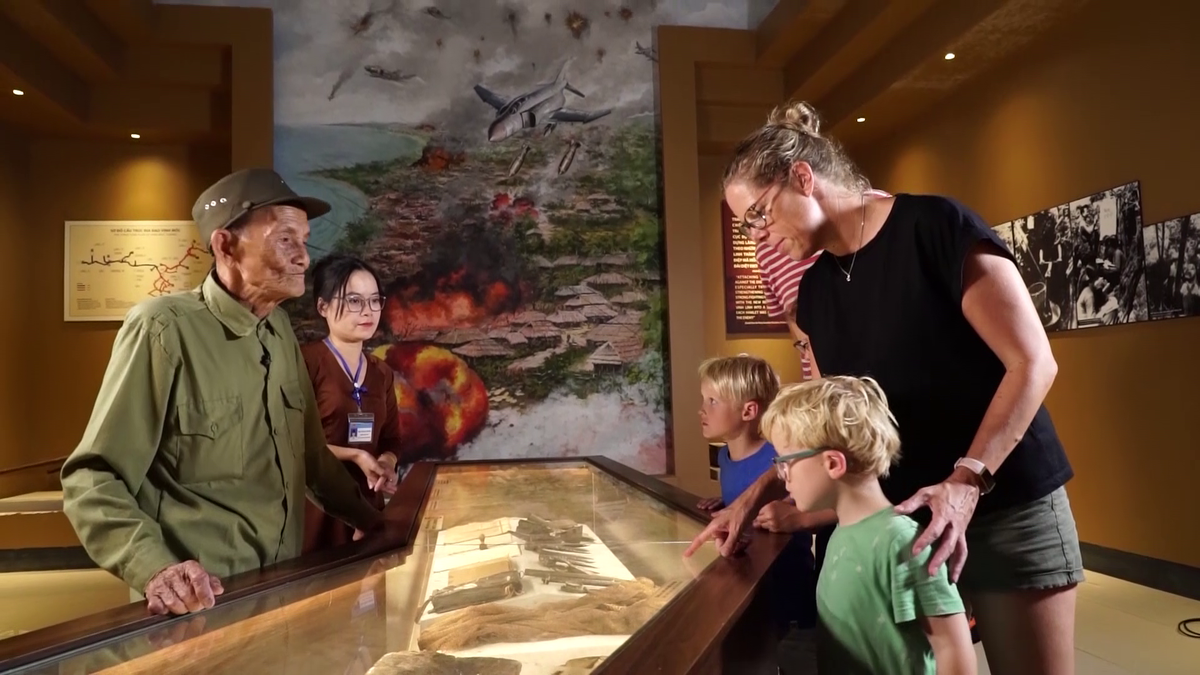



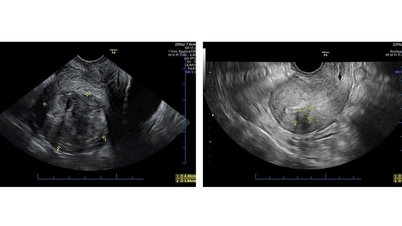




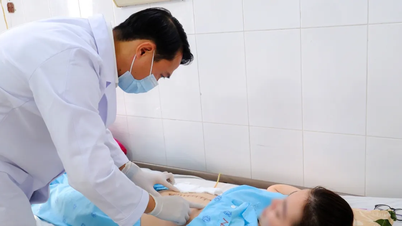


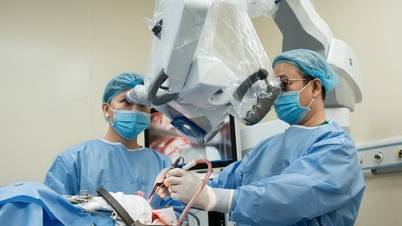

















































































Comment (0)